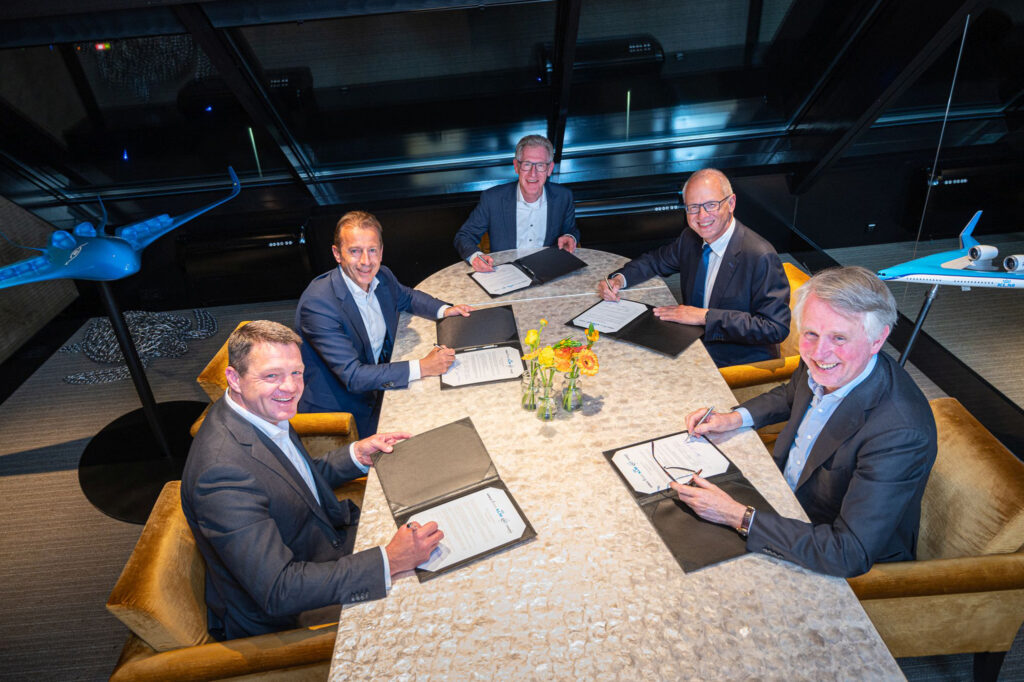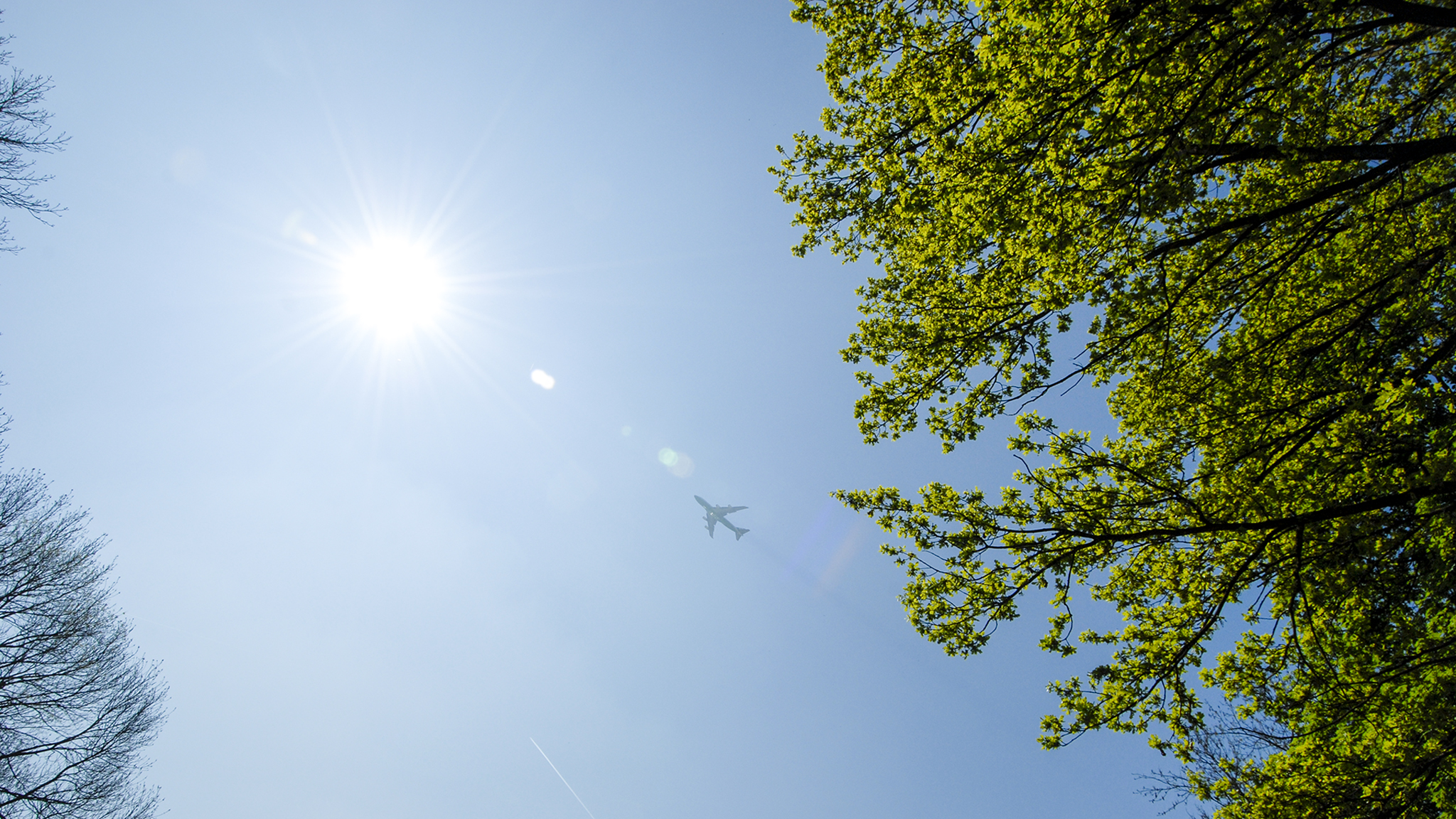Climate change is a reality. Although aviation makes a major contribution to the welfare and well-being of people all over the world, it also contributes to climate change. If no action is taken, this contribution will increase exponentially. If we are to realise the international ambition of fully climate-neutral aviation by 2050, more radical changes must be implemented at an accelerated pace. Michel Peters, CEO Royal NLR: ‘In order to meet the complex, global challenge, aviation research centres work closely together in the European partnership EREA. The agreement we signed ensures that knowledge institutions will be able to work more closely with one of the largest aircraft manufacturers in the world. This not only strengthens the position of the Dutch business ecosystem in a European context, but it also ensures that innovations find their way to concrete applications more quickly. This should contribute to achieving the necessary climate goals more quickly.’
Open and innovative
The Flying Vision initiative aims to develop an open and innovative ecosystem. This means that the parties involved will openly share technological breakthroughs and new knowledge and that everyone who wishes to contribute to making aviation sustainable is welcome to join.
The co-operation will focus on the following: the development of new types of aeroplanes that are very energy-efficient, the utilisation of 100% renewable energy, climate-neutral logistic operations in the aviation sector, the implications of sustainable aviation for passengers, and related matters. Encouraging entrepreneurship and training new talent are also important building blocks.
Holistic approach and a physical meeting place
As the five founders of Flying Vision complement each other and each represent a specific component of the aviation chain, it will be possible to not only search for partial solutions but also for integrated solutions for the entire aviation sector. For example, the transition to renewable energy sources is a challenge that impacts the entire chain and that can therefore be tackled more quickly in collaboration between all the parties. This approach emphasises the sharing of and shared development of knowledge and will accelerate the innovation process. This holistic method of co-operation is still unique in the sector.

Flying Vision corresponds with the National Growth Fund proposal ‘Aviation in Transition’. Please read our website for additional information about sustainable aviation.



